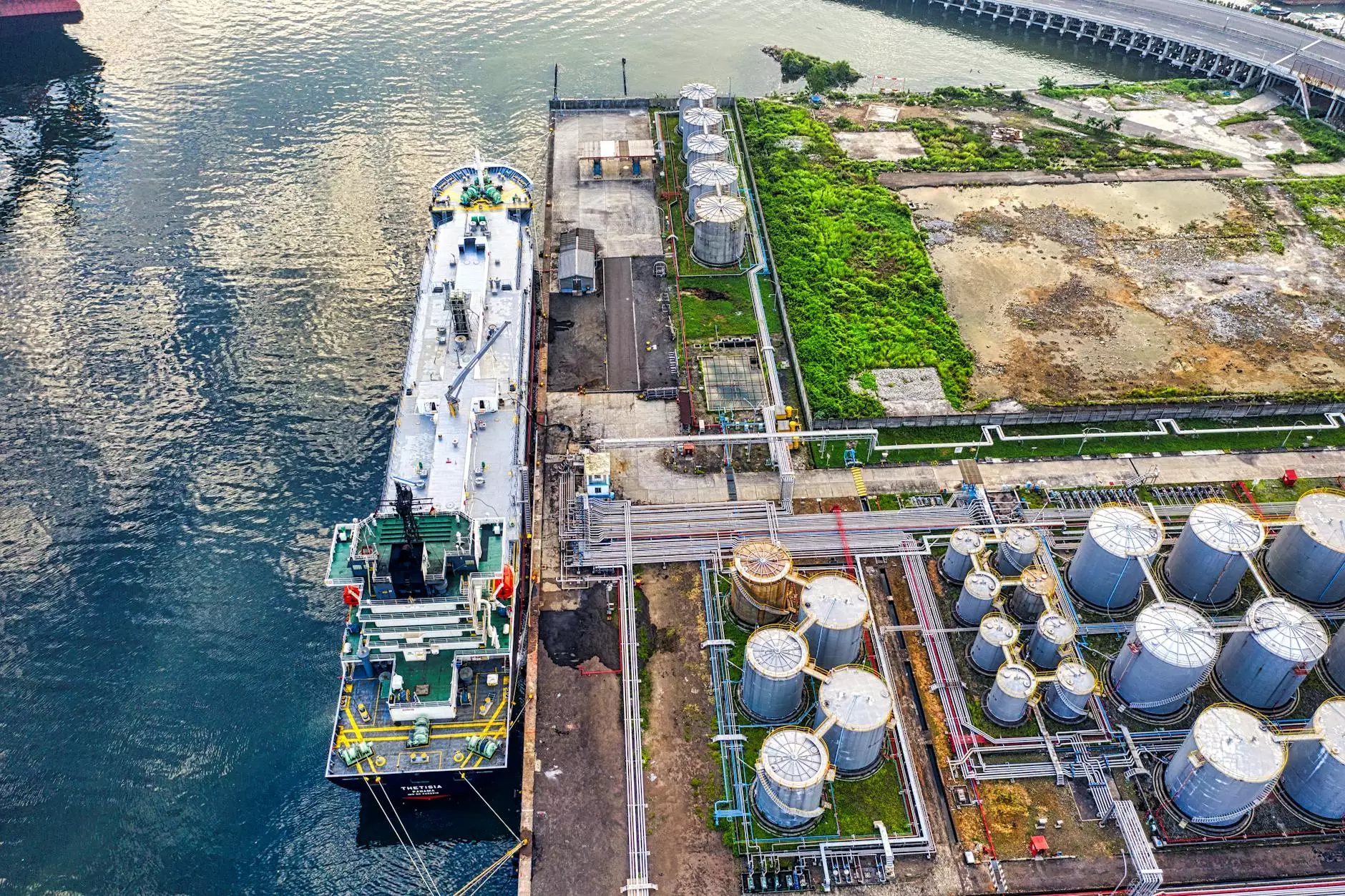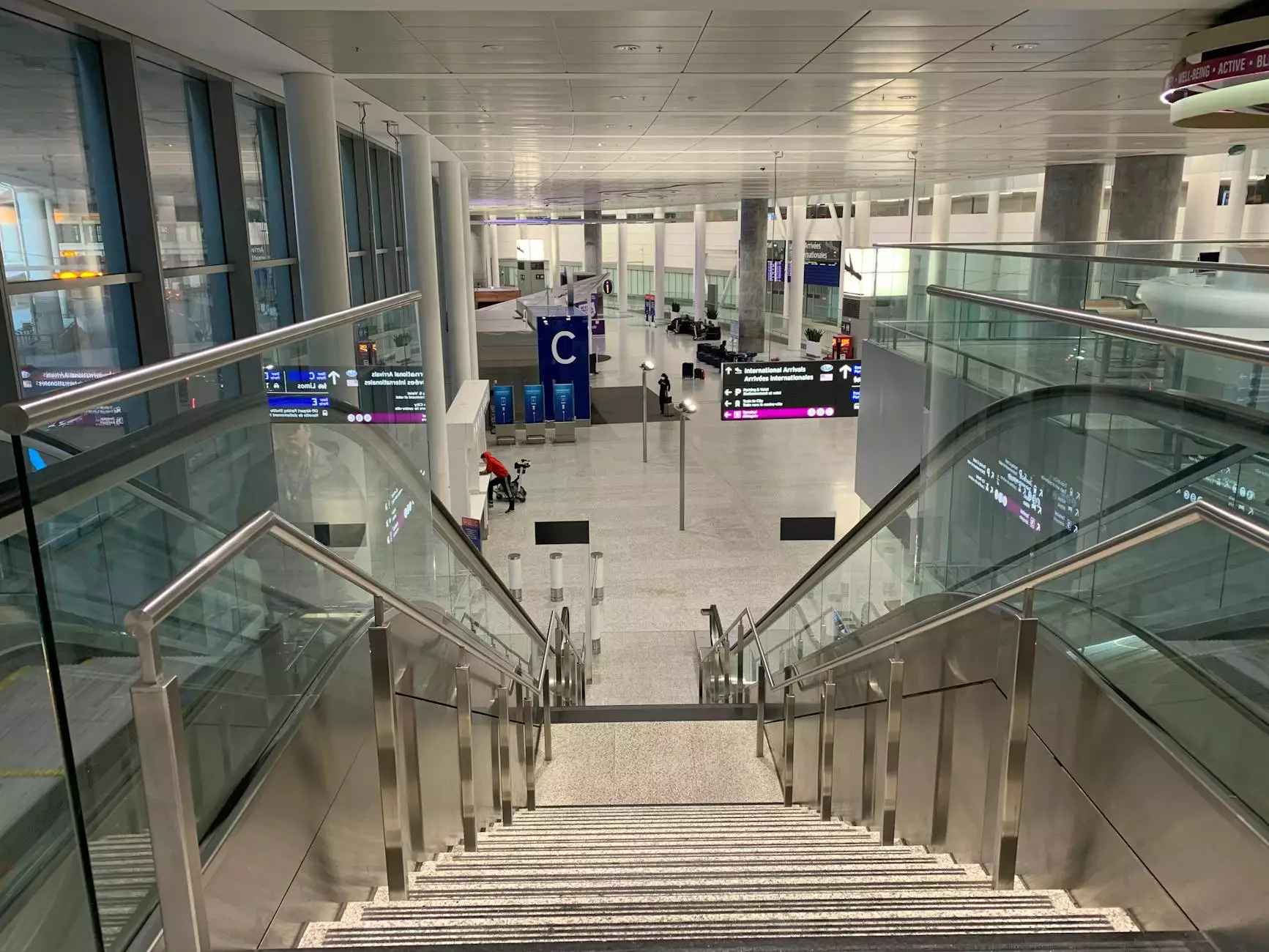Comprehensive Guide to Cargo Booking and Transportation Services

Introduction to Cargo Booking Services
Cargo booking services are essential for businesses that rely on the timely transportation of goods. Whether you are a small retailer needing to ship products or a large corporation managing logistics across multiple states or countries, understanding how to effectively use services like https://cargobooking.aero/ can greatly enhance your operational efficiency.
Understanding the Importance of Shipping Centers
Shipping centers play a crucial role in the logistics chain. They serve as the primary hubs for processing, storing, and distributing goods. Here are several key functions of shipping centers:
- Hub for Logistics: Shipping centers consolidate goods from various suppliers, enabling cost-effective bulk transport.
- Storage Facilities: They provide temporary storage for goods that are waiting to be shipped to their final destination.
- Distribution Points: Shipping centers efficiently manage the distribution of products to retailers and consumers.
- Customs Clearance: Many shipping centers facilitate customs processes to expedite international shipping.
Features of an Efficient Shipping Center
When evaluating a shipping center, consider the following features:
- Technology Integration: Advanced software systems for tracking and managing shipments.
- Flexible Space: Adaptable storage options to accommodate varying volumes of goods.
- Skilled Workforce: Trained professionals who ensure the smooth operation of shipping processes.
Transportation Options for Cargo
Transportation is a critical component of the cargo booking process. Here are the main types of transportation available:
Air Transport
Air transport is often the fastest method for shipping goods, especially over long distances. It is ideal for high-value or time-sensitive products. Here are some advantages:
- Speed: Deliveries can be made within hours, making it perfect for urgent consignments.
- Global Reach: Air transport connects regions worldwide, facilitating international trade.
- Lower Risk of Damage: Goods are carefully handled and secured during air transport.
Sea Freight
Sea freight is a cost-effective solution for transporting large volumes of goods. It is best suited for bulk shipments. Benefits include:
- Economical: Lower costs per ton compared to air freight.
- Capacity: Ships can carry enormous amounts of goods at once.
- Environmentally Friendly: Generally has a lower carbon footprint than other forms of transport.
Road Transport
Road transport offers flexibility and accessibility, making it a popular choice for local and regional deliveries. Key benefits are:
- Last-Mile Delivery: Essential for getting products from shipping points to final destinations.
- Direct Routes: Ability to transport goods directly without transshipment delays.
- Variety of Vehicle Options: Different vehicle types available to accommodate various cargo sizes.
The Impact of Airports on Cargo Transportation
Airports are not just gateways for passengers; they are also crucial for cargo transportation. Here’s how airports contribute:
- Logistics Infrastructure: Airports often have dedicated handling facilities for cargo, ensuring streamlined operations.
- Customs Facilities: Many airports have customs offices on-site, allowing for quicker clearance times.
- Connection Points: They serve as connecting points for air transport, facilitating the movement of goods across borders.
Choosing the Right Airport for Cargo Booking
When selecting an airport for your cargo needs, consider:
- Proximity: The airport should be strategically located near your business operations.
- Services Offered: Look for airports that provide comprehensive cargo handling services.
- Airline Availability: Ensure that multiple airlines operate from the airport to provide flexibility in bookings.
Optimizing Your Cargo Transportation with Technology
In today’s digital age, leveraging technology is paramount for enhancing cargo transportation. Here are some ways technology can help:
Real-Time Tracking
Utilizing GPS technology allows businesses to track their shipments in real-time, providing transparency and peace of mind.
Automated Booking Systems
Online platforms, such as https://cargobooking.aero/, offer automated booking systems that streamline the cargo booking process, enabling quick and efficient management.
Data Analytics
Analyzing logistical data can lead to improved decision-making and operational efficiencies. Companies can forecast demand and adjust their shipping strategies accordingly.
Conclusion: The Future of Cargo Booking and Transportation
The landscape of cargo booking and transportation is continually evolving. As businesses strive for efficiency, embracing technology and understanding the logistics chain—from shipping centers to transportation methods and airports—will be critical. Platforms like https://cargobooking.aero/ are at the forefront, providing essential services that cater to the growing demand for efficient cargo transport.
Frequently Asked Questions (FAQs)
What is a shipping center?
A shipping center is a facility that processes, stores, and distributes goods, acting as a hub in the logistics chain.
How can I choose the best transportation option for my cargo?
Choosing the best transportation option depends on factors like speed, cost, and the nature of the goods being shipped.
Why are airports important for cargo transportation?
Airports facilitate rapid transportation of goods, provide necessary logistics infrastructure, and serve as customs clearance points.
Get Started with Your Cargo Booking Today
Visit https://cargobooking.aero/ to explore the multitude of cargo booking services available and optimize your transportation needs. Experience efficiency, reliability, and excellence in your logistics operations.









